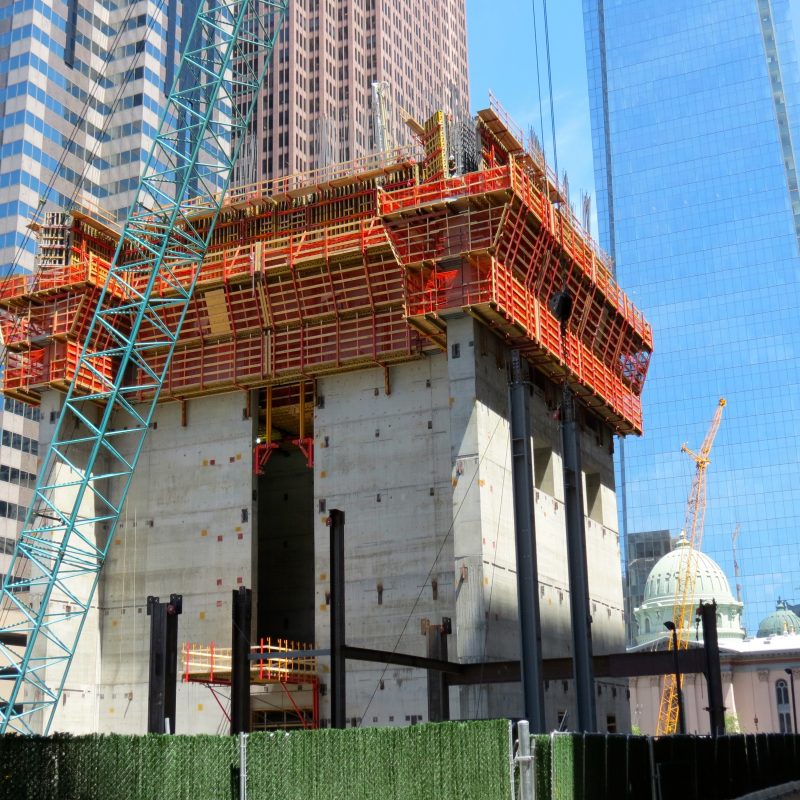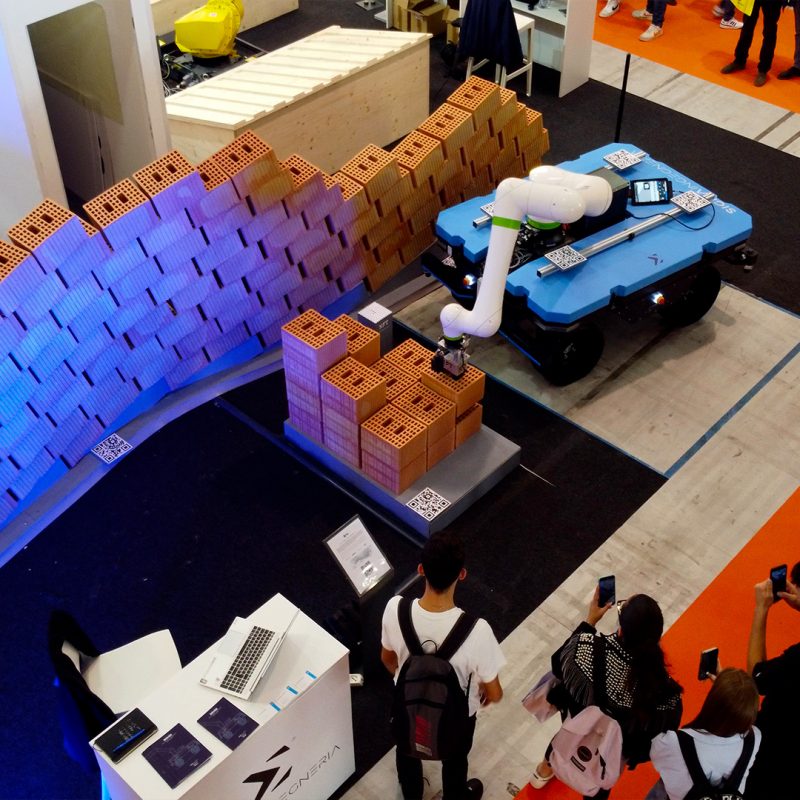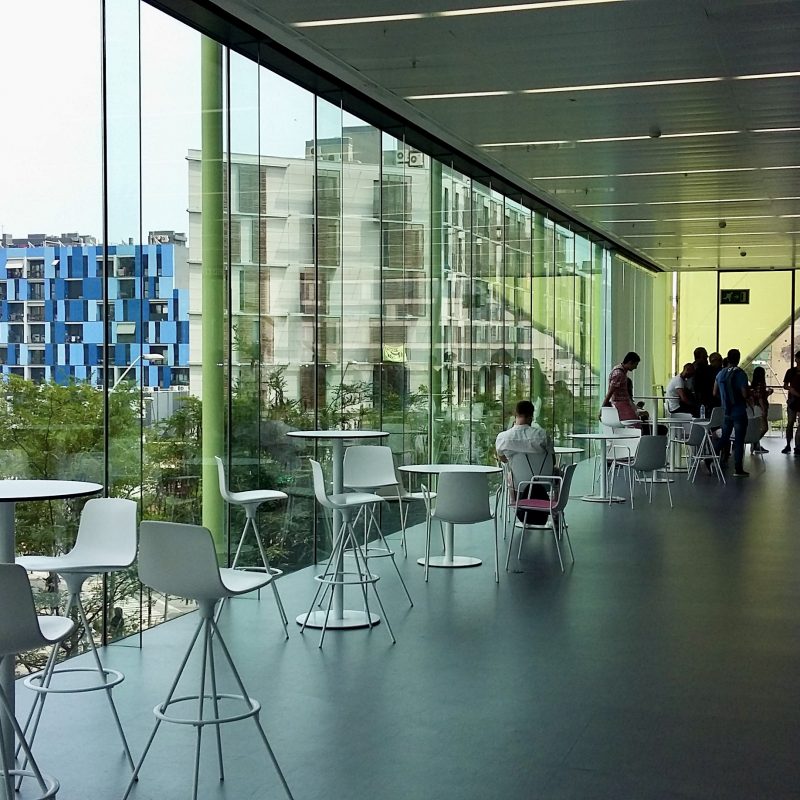Professional tracks
The Program Building Engineering for Sustainability is organized into four tracks that correspond to four professional profiles, those for which our graduates are most appreciated. The choice of language of teaching, with one track in Italian and three in English, also was determined by employment opportunities. The track taught in Italian, BES-S, refer to the predominantly national demand for professionals able to ensure the structural safety and resilience of new and existing buildings. The three tracks taught in English, BES-D, BES-F and BES-M, on the other hand, train professionals in areas where most of the businesses operate on an international scale, both abroad and in Italy.
The goal is to ensure both our Italian and international graduates have the best employment opportunities, both for those who decide to stay and work in Italy and for those who want to gain experience abroad.




